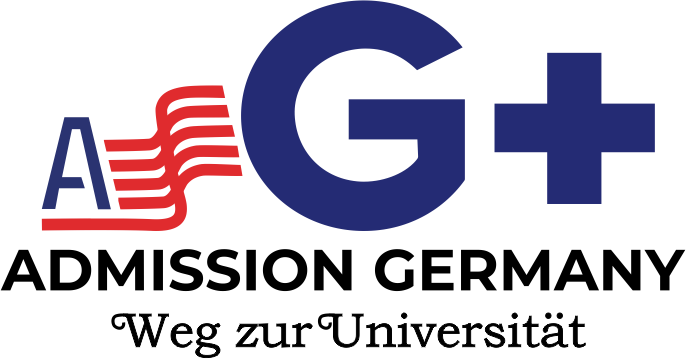1. Eligibility and Requirements
- Academic Requirements: A 10+2 certificate (or equivalent) with a strong background in biology, chemistry, and physics, and excellent academic performance.
- Language Proficiency: German universities typically require proficiency in the German language, as most medical programs are taught in German. A B2/C1 level in German is often necessary, verified through exams like TestDaF or Goethe-Zertifikat.
- Entrance Exams: Some universities may require entrance exams, especially for foreign students, to assess language and academic skills.

2. Structure of the MBBS Program
- In Germany, the MBBS program is about 6 years (12 semesters), including both theoretical education and practical training.
- The program includes a state examination (Ärztliche Prüfung) which must be cleared to obtain a medical license.
3. Cost and Scholarships
- Many German public universities offer tuition-free education; however, students must cover administrative fees, which vary by university.
- Living expenses are estimated at around €800-€1,000 per month, depending on the city.
- Scholarships for international students are available through organizations like DAAD, covering living expenses and some study-related costs.
4. Application Process
- Applications are typically submitted via Uni-Assist or directly through the university’s portal.
- The deadlines and intake periods differ by university; generally, applications are accepted for the winter semester (beginning in October).
For assistance or further information, feel free to contact:
- Phone: +49 15510 291371
- Email: info@admissiongermany.de
They can provide guidance on applications, university options, and visa procedures.

